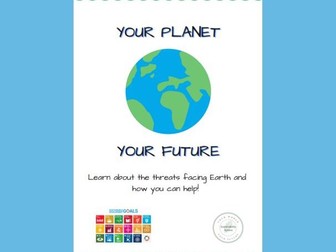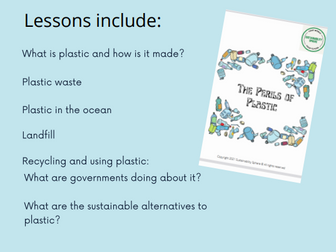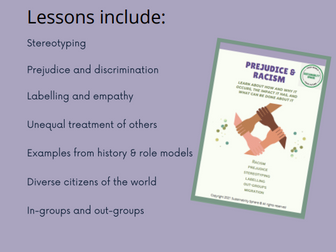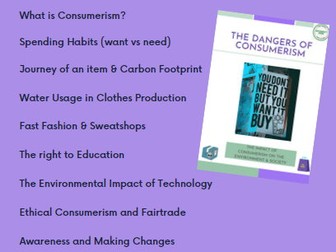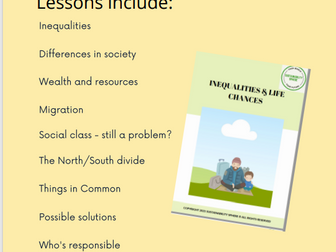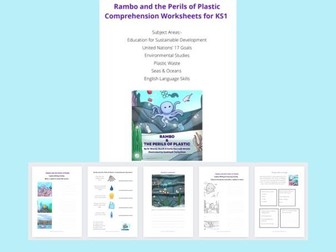Your Planet, Your Future - 50 + page workbook
<p>Your Planet Your Future: Aimed at age 5 to 8 years (KS1-2). Over 50 pages of teaching content, including fun activities on the natural environment and climate change. Based on the United Nations’ 17 Goals for Sustainability, the booklet is fun and is engaging and age appropriate, and develops skills such as critical thinking, creativity, teamwork and experimentation. The topics are suitable for a range of subjects, including English, Maths, Science, Geography and Art. Includes a 12 months of nature outdoor activities section.</p>
<p>It covers:<br />
Waste and landfill<br />
Reduce reuse recycle<br />
Clothes<br />
Plastic in the oceans<br />
Habitats and habitat loss<br />
Making a bug hotel<br />
How animals are good for the environment<br />
Water<br />
The water cycle<br />
Water usage and saving water<br />
Energy - renewable and Fossil fuels<br />
How to save energy<br />
Eco quiz<br />
12 months of ature</p>
<p>Our Aim</p>
<p>Our aim is to provide resources that give children knowledge and awareness of sustainability, the natural environment, and the climate change emergency we are facing. We want children to be connected to nature and the environment.</p>
<p>The goal is to provide fun and engaging activities that make children think about the impact of their own and others’ actions, and to encourage them to become empathetic, caring individuals. They should realise how, though creativity and critical thinking, they can help find solutions to problems that can help humanity and the planet.</p>
<p>The resources will help develop the following skills:<br />
Critical thinking<br />
Creativity<br />
Teamwork<br />
Experimentation</p>
<p>While covering a range of subjects, including:</p>
<p>Environemtal Studies<br />
English<br />
Maths<br />
Science<br />
Geography<br />
Art</p>
<p>The resources are aimed at ages 5+ but will include extension activities to push older children.</p>
